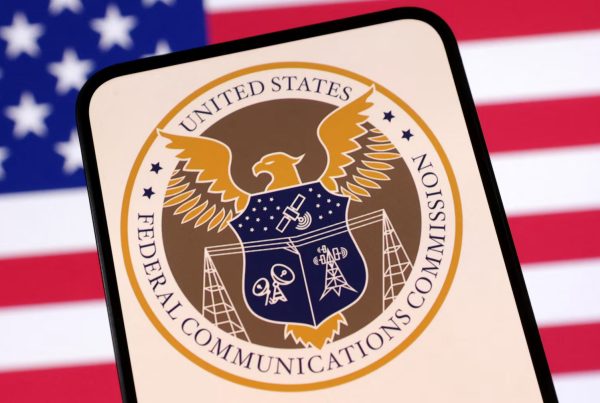The FTC’s final amendments to the Negative Option Rule retitled as the “Rule Concerning Recurring Subscriptions and Other Negative Option Programs,” address deceptive and unfair practices in negative option marketing, including recurring subscriptions, automatic renewals, free trials, and continuity plans. These amendments aim to provide clear, enforceable requirements across all media (online, in-person, telemarketing, etc.) to protect consumers from being misled into unwanted recurring charges and to ensure they can easily cancel such programs. But, several trade groups sued the FTC to block the implementation of the new rule.
The FTC initiated the rulemaking process due to widespread consumer harm resulting from deceptive negative option practices. The FTC received thousands of complaints from consumers each year about being unwittingly enrolled in unwanted subscriptions, being charged without clear consent, and facing undue obstacles in trying to cancel recurring services. This has been a persistent issue for decades, affecting various industries, from book-of-the-month clubs to online streaming services.
The rule contains the following key components:
A. Prohibition on Misrepresentation (Section 425.3): Sellers are prohibited from making misrepresentations about any material facts related to negative option features when marketing such programs. This includes deceptive practices to lure consumers into unwanted subscriptions.
B. Disclosure of Material Terms (Section 425.4): Sellers are required to clearly and conspicuously disclose all material terms of the negative option feature before obtaining the consumer’s billing information. This includes information about the costs, the subscription terms, and the method for cancellation.
C. Affirmative Consent (Section 425.5): Before charging consumers, sellers must obtain the consumer’s express and unambiguous consent to the negative option terms. This ensures that consumers are fully aware of what they are agreeing to.
D. Cancellation Mechanism (Section 425.6): Sellers must provide a simple, easy-to-use cancellation method that allows consumers to stop recurring charges immediately. The cancellation process should be no more difficult than the process to sign up for the service, ensuring ease of opting out.
The FTC highlighted several types of negative option programs:
- Prenotification Plans: Where consumers are sent periodic offers and must actively decline them to avoid charges (e.g., book clubs).
- Continuity Plans: Where consumers receive goods or services on a regular basis until they cancel.
- Automatic Renewals: Where subscriptions renew automatically unless consumers cancel before the renewal date.
- Free-to-Pay Conversion Offers: Where consumers are given a free or nominally priced trial and then automatically enrolled in a paid service unless they cancel.
Three industry trade groups filed suit against the FTC to block the implementation of the rule. The litigation is proceeding. The complaint alleges that the rule is arbitrary and an abuse of the FTC’s discretion.
Mitchell Roth
![]()





